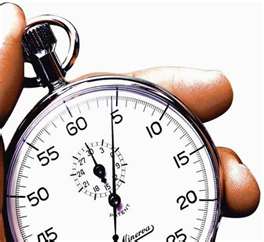deafmutelame
100+ Head-Fier
- Joined
- May 11, 2004
- Posts
- 233
- Likes
- 73

https://en.wikipedia.org/wiki/Echoic_memory
4. seconds.
It's all you have to discern a 'high-end' component from another one.
Try listen analytically to 2 components of your favourite gear.
Stop to switch cables and you have lost it.
Stop to switch headphones and you have lost it.
Stop to compare a DAC vs. another and you have lost it.
Stop to compare a DAP vs. another and you have lost it.
Stop to compare ... & ... and you have lost it.
4. seconds.
Imagine that 90% of the 'audiophile' scene was based on the inability to factually check sound quality within that 3-4 seconds maximum window of opportunity.
Imagine everybody despises 'ABX tests"...
Imagine an ocean of snake oil...
Imagine...
P.S.: I just bought me this & this.


